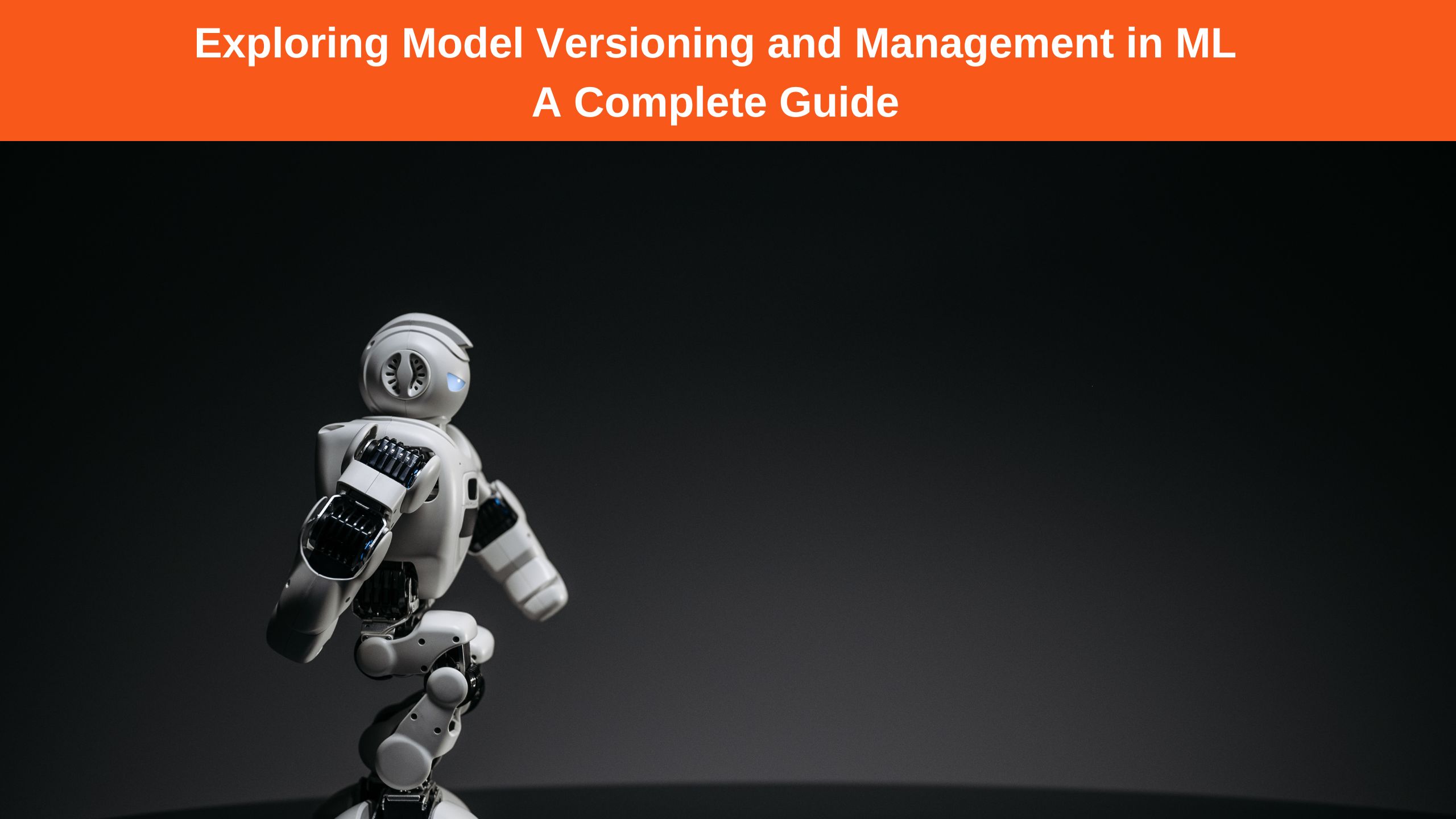How AI and Machine Learning Are Shaping the Future of Testing

Introduction
Software testing is an essential part of the development lifecycle, ensuring that applications function correctly, efficiently, and securely. However, traditional testing methods are often time-consuming, repetitive, and prone to human error. This is where Artificial Intelligence (AI) and Machine Learning (ML) come in, revolutionizing the field of software testing by making it smarter, faster, and more reliable.
The Role of AI and Machine Learning in Software Testing
AI and ML technologies have significantly impacted software testing in various ways. From automated test generation to predictive defect analysis, these emerging technologies enhance the efficiency and accuracy of testing processes. Below, we explore how AI and ML are shaping the future of software testing and why they are indispensable for modern software development.
1. Automated Test Case Generation
Traditionally, writing test cases requires extensive manual effort. AI-driven tools analyze application requirements and user behavior to generate effective test cases automatically. This reduces the workload of testers and ensures more comprehensive test coverage.
Key Benefits:
Faster test case generation
Reduction in human errors
Increased test coverage with minimal effort
2. Self-Healing Test Automation
One of the biggest challenges in automated testing is maintaining test scripts when the UI or application logic changes. AI-powered tools can detect changes in the software and automatically update test scripts, reducing maintenance efforts.
Key Benefits:
Reduced script maintenance time
Adaptability to UI and functionality changes
More stable test automation
3. Predictive Defect Analysis
AI and ML can analyze historical test data to predict potential defects and areas of high risk in the software. By identifying these vulnerabilities early, teams can proactively fix issues before they impact users.
Key Benefits:
Early bug detection
Improved risk management
Cost savings in defect resolution
4. Enhanced Test Execution Efficiency
AI-driven testing tools optimize test execution by prioritizing high-risk test cases, reducing redundant tests, and parallelizing test runs. This leads to faster release cycles and better resource management.
Key Benefits:
Faster test execution
Better resource utilization
Efficient continuous integration/continuous deployment (CI/CD) pipelines
5. Visual Testing and UI Validation
Machine learning-powered visual testing tools compare UI elements across different versions of an application to detect inconsistencies. This ensures that visual elements render correctly across different devices and platforms.
Key Benefits:
Improved UI consistency
Reduced manual effort in visual testing
Faster bug detection in UI elements
6. AI-Powered Test Data Management
Generating realistic test data for various test scenarios can be challenging. AI helps create synthetic test data that mimics real-world scenarios, ensuring robust testing while maintaining data privacy.
Key Benefits:
Better test data quality
Compliance with data protection regulations
Enhanced test coverage with diverse data sets
7. Intelligent Chatbots for Testing Assistance
AI-powered chatbots assist testers by providing real-time insights, answering queries, and even generating test cases based on natural language inputs. These virtual assistants streamline the testing process.
Key Benefits:
Real-time testing assistance
Faster issue resolution
Enhanced tester productivity
Emerging Technologies Impacting Software Testing
AI and ML are not the only technologies transforming software testing. Other emerging technologies are also contributing significantly. Let’s argue the case for why these technologies are crucial in shaping the future of testing:
1. Blockchain Testing
With the rise of blockchain-based applications, specialized testing is needed to validate smart contracts, transaction integrity, and security protocols.
Strengths:
Ensures data immutability and integrity
Detects vulnerabilities in smart contracts
Enhances transaction security
2. IoT Testing
The Internet of Things (IoT) is expanding rapidly, requiring rigorous testing of connected devices, networks, and data exchanges.
Strengths:
Validates device compatibility and performance
Ensures secure data communication
Detects potential hardware and software vulnerabilities
3. Cloud-Based Testing
Cloud platforms offer scalable testing environments, allowing teams to test applications under different network conditions and configurations.
Strengths:
Enables on-demand test execution
Reduces infrastructure costs
Supports cross-platform and cross-browser testing
4. Robotic Process Automation (RPA) in Testing
RPA automates repetitive testing tasks, allowing human testers to focus on more complex scenarios.
Strengths:
Improves efficiency in regression testing
Reduces human intervention in test execution
Enhances accuracy and speed
5. Cybersecurity Testing
With increasing cyber threats, AI-driven security testing is essential to identify vulnerabilities and prevent breaches.
Strengths:
Detects security loopholes
Enhances threat modeling
Strengthens application security
The Future of Software Testing
As AI and ML continue to advance, the future of software testing will witness:
More intelligent automation: AI-driven bots executing and analyzing tests autonomously.
Greater accuracy and efficiency: ML algorithms continuously learning from test results to improve predictions.
Enhanced collaboration: AI-powered insights assisting testers, developers, and business analysts in making informed decisions.
A Natural Way to Learn Advanced Testing Skills
For professionals looking to stay ahead in the evolving field of software testing, learning about AI-powered testing tools and automation is essential. If you're interested in mastering modern testing techniques, consider enrolling in a Software Testing Training Program in Delhi, Pune, Noida and other cities in India. These programs provide hands-on experience with cutting-edge tools and methodologies, ensuring you’re well-equipped for the future of testing.
Conclusion
AI and Machine Learning are revolutionizing software testing by enhancing efficiency, accuracy, and automation. Emerging technologies like blockchain, IoT, and cloud-based testing further strengthen the software testing landscape. As businesses continue to adopt AI-driven testing strategies, testers and developers must upskill to remain relevant in the industry. The future of software testing is intelligent, data-driven, and highly automated, ensuring better software quality and faster release cycles.
Note: IndiBlogHub features both user-submitted and editorial content. We do not verify third-party contributions. Read our Disclaimer and Privacy Policyfor details.







